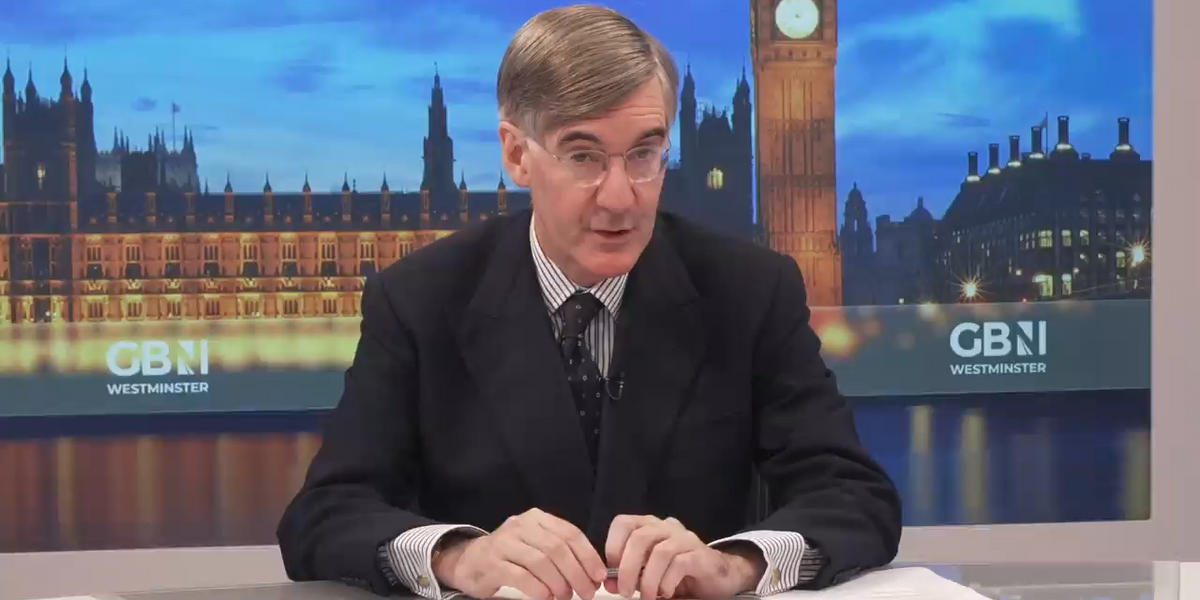The Tata Steel Crisis: A £500 Million Subsidy and the Future of British Manufacturing
Earlier today, the UK government unveiled a substantial £500 million subsidy package aimed at Tata Steel, a major player in the steel industry based in Port Talbot, Wales. This announcement has sparked a heated debate about the future of manufacturing in the UK, the impact of green policies, and the delicate balance between environmental sustainability and economic viability.
A Shift Towards Greener Technology
The financial package is intended to facilitate the transition from traditional blast furnaces to a greener electric furnace. This shift is part of a broader strategy to reduce carbon emissions and align with the UK’s ambitious Net Zero targets. However, the move comes at a significant cost: the closure of the blast furnace will result in approximately 2,500 immediate redundancies, with an additional 300 jobs expected to be lost in the future.
The new electric furnace technology will not produce new steel but will instead melt down and refashion scrap steel and iron. While this may be a step towards a more sustainable manufacturing process, it raises questions about the long-term viability of the steel industry in the UK and the potential loss of skilled jobs.
Political Reactions: A Divided House
The announcement has ignited a political firestorm, with figures like Jacob Rees-Mogg accusing the government of being "in denial" about the ramifications of Net Zero legislation on the energy and manufacturing sectors. Rees-Mogg’s comments reflect a growing concern among some politicians that the aggressive push for green policies is undermining the UK’s industrial base.
In a recent session in the House of Commons, Richard Tice, deputy leader of Reform UK, articulated a critical perspective on the situation. He argued that the job losses and the closure of blast furnaces are direct consequences of both major political parties’ fixation on achieving Net Zero. Tice pointed to high energy costs driven by expensive renewable energy as a significant factor in the financial struggles faced by traditional manufacturing.
In contrast, Minister Jonathan Reynolds defended the government’s approach, asserting that Tice’s claims were misinformed. He emphasized that while there are challenges related to the competitive cost of industrial electricity in the UK, they are not solely attributable to the green agenda.
The Broader Implications of Green Policies
The Tata Steel crisis is not an isolated incident; it is emblematic of a larger trend affecting manufacturing across the UK and Europe. The aggressive green policies adopted by the UK and EU have raised concerns about the long-term sustainability of industries that rely on traditional energy sources. Critics argue that these policies have created an environment where manufacturers struggle to compete due to high energy costs and regulatory burdens.
A recent report by former European Central Bank chief Mario Draghi has underscored the urgency of prioritizing investment in manufacturing. Draghi warned that European leaders face a critical choice between climate goals and economic prosperity if productivity does not improve. This sentiment resonates in the UK, where manufacturing is a cornerstone of economic health.
The Dilemma of Economic Prosperity vs. Environmental Goals
The tension between environmental sustainability and economic growth has never been more pronounced. Critics of the current green agenda argue that the policies in place are fundamentally incompatible with the goal of fostering a prosperous economy. The imposition of high energy costs, coupled with the need for subsidies to support struggling industries, raises questions about the effectiveness of current industrial policies.
As the UK navigates this complex landscape, it must consider the long-term implications of its green policies. The potential for job losses and economic inefficiency looms large, prompting calls for a reevaluation of the approach to energy and manufacturing.
Conclusion: A Call for Balanced Policy
The £500 million subsidy for Tata Steel is a significant step in addressing the immediate challenges facing the industry. However, it also highlights the broader issues at play in the UK’s manufacturing sector. As the government grapples with the dual objectives of achieving Net Zero and maintaining a robust industrial base, it must strike a delicate balance.
The future of British manufacturing depends on a thoughtful approach that prioritizes both environmental sustainability and economic viability. Without such a balance, the risk of further job losses and economic decline will only grow, leaving the UK to confront the consequences of its green ambitions.
